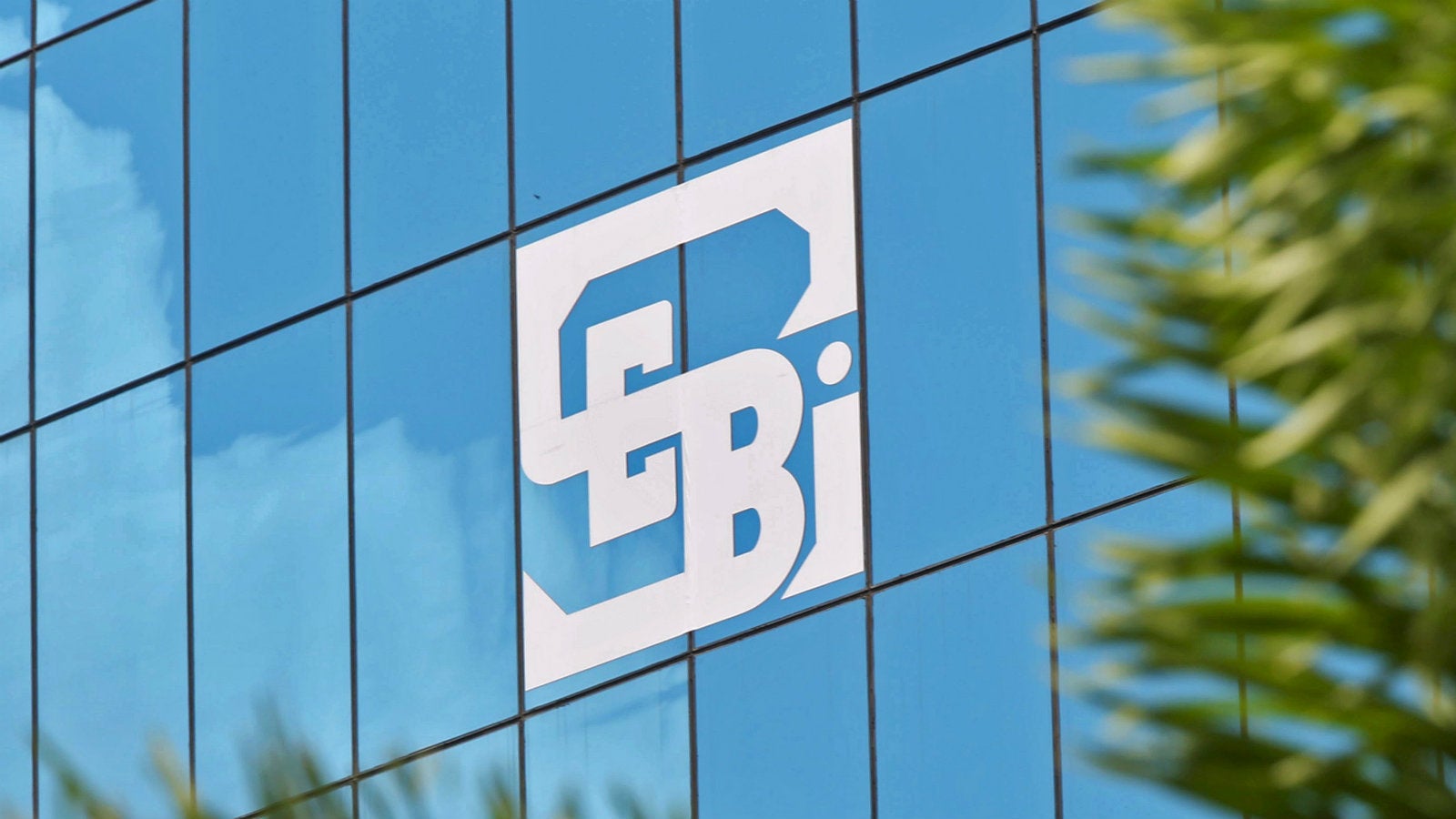India’s following up on demonetisation by targeting shell companies, but it will be a long battle
On Aug. 07, the Securities and Exchange Board of India (SEBI) issued an extraordinary direction to the stock exchanges, effectively freezing trade in 331 suspected shell companies.


On Aug. 07, the Securities and Exchange Board of India (SEBI) issued an extraordinary direction to the stock exchanges, effectively freezing trade in 331 suspected shell companies.
The trading of securities in this group will be allowed only on the first Monday of every month and even that will be restricted. Their promoters and directors won’t be allowed to transact in these securities unless the credentials of their companies are verified by the exchange through an an independent auditor. If they don’t pass scrutiny, the firms will be delisted.
The SEBI issued a second communique, asking exchanges to look at the firms’ tax returns and financials of the past three years and also hear them out. This circular came after some of the companies protested the market regulator’s move, pointing to their operating and dividend-paying track record. Of the 331 firms, 162 are actively traded and 169 are already under suspension.
The National Stock Exchange (NSE) has said that, out of the 331 that SEBI had named, it had begun probing the 48 listed on its platform. Of these, 10 were suspended even before the SEBI directive came.
Meanwhile, some market participants expressed concerns over outsourcing of forensic audits by the exchanges. Some of the companies have approached the securities appellate tribunal (SAT), which provided relief to eight of them, saying that the SEBI order came without a probe.
Interestingly, some of these alleged shell companies have Goldman Sachs, BNP Paribas, Blackrock Global Funds, and Fidelity Securities as shareholders.
Overall, the SEBI’s move has generated a lot of criticism from market players. Shell companies are not well defined under Indian law. So the regulator’s move is not against the so called thick-shell outside, core-empty kind of firms that London and New York are familiar with.
In the west, a shell company is one that is listed on an exchange but doesn’t have activities other than the listing itself. An organisation there can choose to transform itself into a shell company—an often-used, legitimate move.
In India, though, shell companies have come to be associated with tax evasion and money laundering.
“Data mining has shown 3 lakh shell companies; during the last one year, the government’s anti-corruption steps led to the closure of 1.75 lakh shell companies run by black-money operators,” prime minister Narendra Modi said during his Independence Day address on Aug. 15. “There have been instances where 400 shell companies were running from a single location.”
This move against such firms seems to be in consonance with the declared intent of demonetising the Rs500 and Rs1,000 notes in November 2016.
“According to the research conducted by outside experts, about Rs3 lakh crores that had never come into the banking system before, has been brought into the system post-demonetisation. More than Rs1.75 lakh crores deposited in the banks is under the scanner. Black money worth Rs2 lakh crore had to be deposited in the banks and this system has forced them to be accountable. It has also stopped the flow of black money,” Modi said in his speech.
One may go by the PM’s estimates since, at the time of writing this, the RBI was yet to declare the exact quantum of returned currency post-demonetisation.
Reports suggest that investigative agencies have identified over 13,000 shell companies. The income tax department, enforcement directorate, the Central Bureau of Investigation, and the serious fraud investigation office had sent their individual lists to the financial intelligence unit. A cumulative list was compiled before the SEBI banned the 331 shell companies.
Clearly, the government is serious. Demonetisation was followed by the Benami Holdings Act and the attack on shell companies—all directed at tax evasion and black money. Action against illicit money stashed abroad may be the next step.
Nevertheless, this seems to be a long-drawn battle.
We welcome your comments at [email protected]